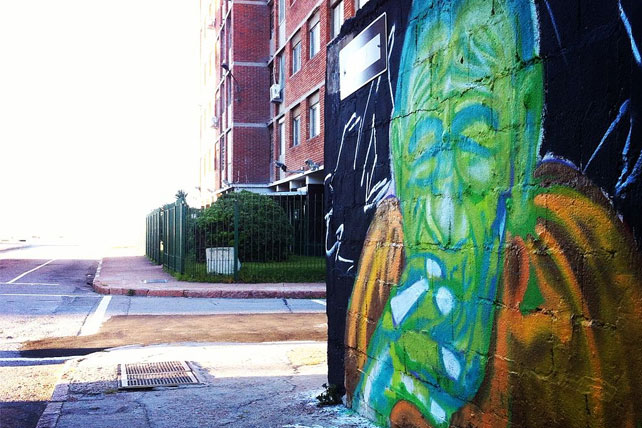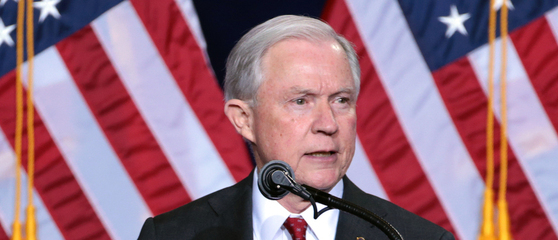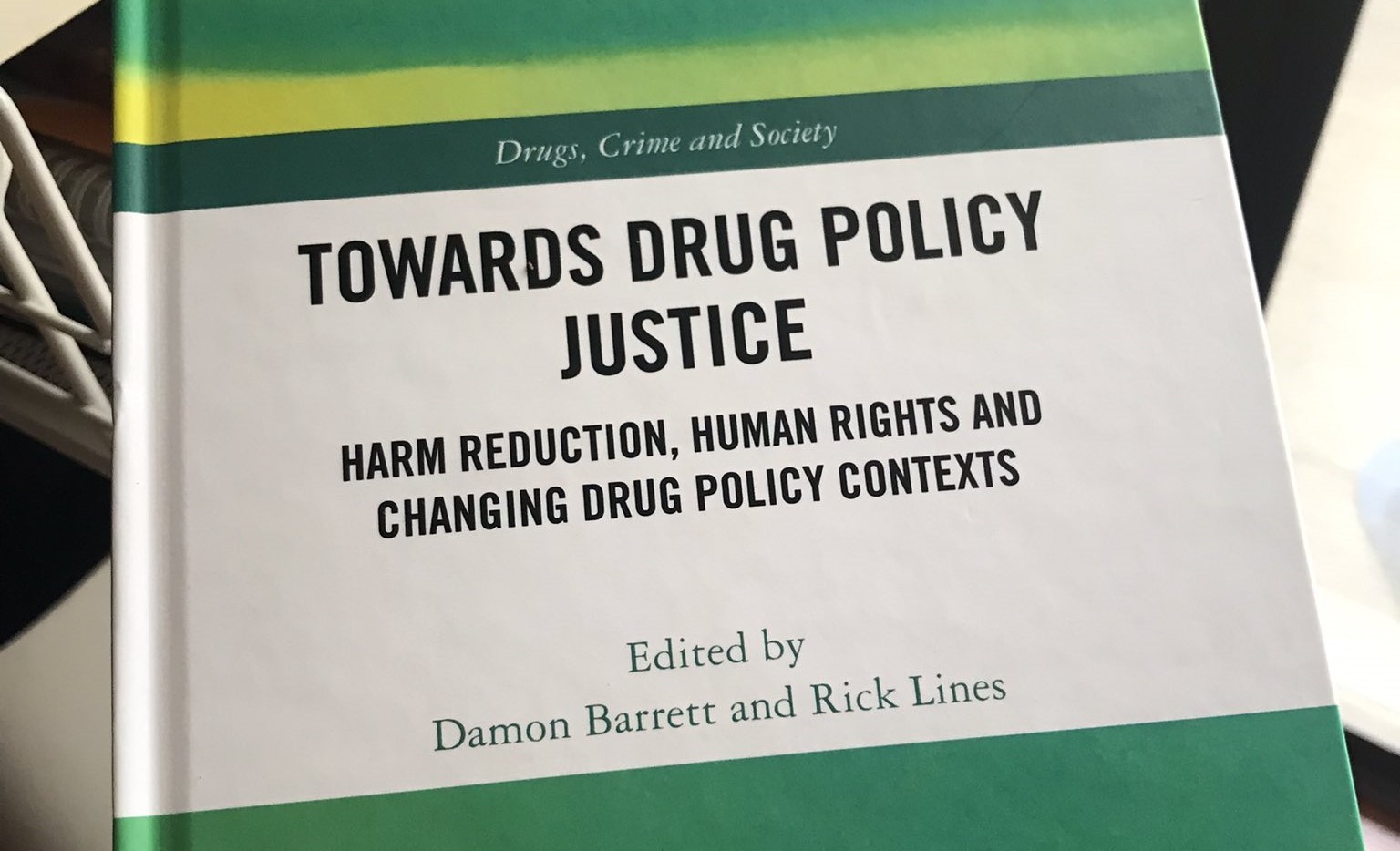The legal sale of cannabis has begun in selected Uruguayan pharmacies, marking a milestone in global drug policy. Unsurprisingly, there has been a flurry of mixed opinions to the first country in the world to legally regulate recreational cannabis sales.
In an innovative development, as of July 19, 2017 the Uruguayan state now provides legal access to regulated cannabis through pharmacies. People who seek to consume the drug can buy a limited amount each week, and they must be registered in an ad hoc official record. The registration process is free and would-be purchasers must have their fingerprints taken, so that no further personal data are demanded of them at the moment of buying.
Public opinion on this impactful issue continues to be divided, not only on a for-or-against basis but also in terms of apprehensions from the law’s beneficiaries themselves. For instance, some people who use cannabis express reservations at the moment of purchasing in full view of others, and some have been covering their faces because – as a street musician put it – “one thing is the law and another one is social acceptance”.
Uruguayan newspapers El Observador and El País published comments which show the diverse stances adopted by different sectors of Uruguayan society. In the former, an individual stated “I’m not against legalisation [but] the fact that the illegal sale cannot be controlled should not be the reason for making it legal. (…) The incompetence and the lack of responsibility of politicians and law-enforcement authorities throw nations into a chaos of values”.
In open contrast, a commenter published in El País said “I feel proud. Uruguay is in the news (…) because its rulers have had the creativity to find a way and the courage to [put into] effect the idea, with all its difficulties”.
Another issue on which little consensus has been reached is the experience of using the cannabis which is now being legally sold. One customer described their first impression after smoking as “an interesting, quiet and happy journey”, while another said “it is soft, but ideal for times of rest and peace”. As to the percentage of THC (tetrahydrocannabinol), the primary psychoactive component of cannabis, some customers have expressed no concern at all, while others threatened to start buying again from illicit dealers if the state does not provide cannabis with higher THC content.
International media has made varied remarks on Uruguay’s innovative development.
The New York Times noted, among other remarks, that the new law turns pharmacists into “dealers”. Argentina’s largest newspaper, Clarín warned that non-Uruguayans should not attempt to buy cannabis in Uruguay, as that remains illegal.
O Globo, one of Brazil’s most prominent publications, highlighted the fact that Uruguay’s large pharmacy chains are not distributing cannabis as a part of the project, “perhaps because the project is not welcomed by most Uruguayans”.
Only time will tell whether President Tabaré Vázquez was right or not when he claimed that regulating cannabis put Uruguay “on an alternative route to combat drug-trafficking”.


